
The Rise of Napoleon
By Terry

15 Sep, 2023

Napoleon Bonaparte, born on August 15, 1769, in Corsica, was a French military and political leader. His family was of minor noble Italian ancestry, but his parents ensured that he had a good education.

Napoleon's thirst for knowledge was insatiable. He was sent to mainland France to study at the College d'Autun, in the city of Autun, in January 1779.
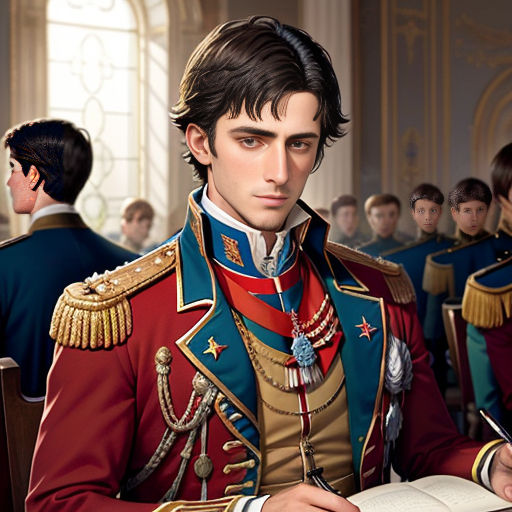
He later moved to the prestigious Military School in Paris, where his interests in military strategy and warfare were nurtured. There, he was transformed - no longer a Corsican boy, but a French man.

After graduation, Napoleon was commissioned as a second lieutenant in La Fere artillery regiment. His brilliance shone through, carrying him to the dizzying heights of power in France.
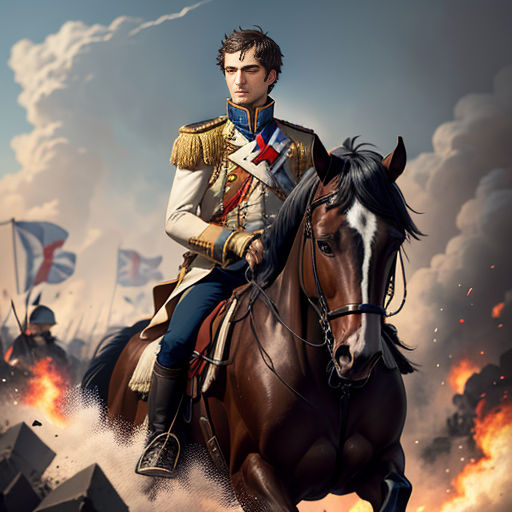
He first gained fame during the French Revolution, specifically with his contribution to the Siege of Toulon. His strategic thinking led to a victory against the British, which helped consolidate his position.

In 1795, Napoleon suppressed a royalist insurrection against the revolutionary government in Paris and was subsequently promoted to General of the Brigade.
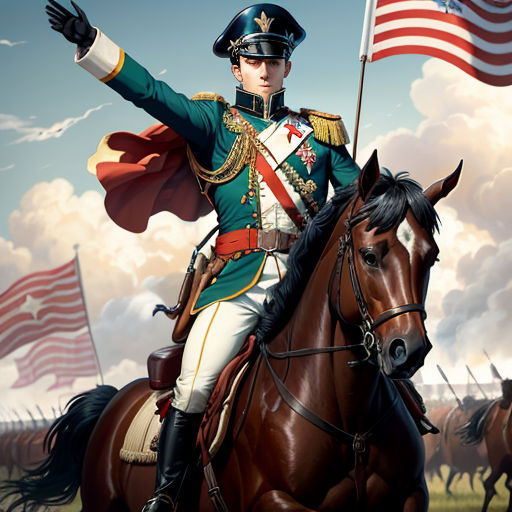
Napoleon then launched a series of military campaigns known as the Napoleonic Wars. He ruled much of Europe in these campaigns, marked by swift victories.
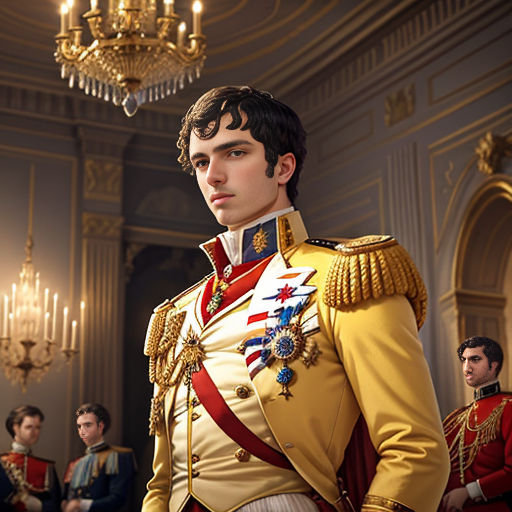
In 1804, he declared himself Emperor, marking a new era in French history. His coronation was a grand event, attended by the high and mighty of Europe.
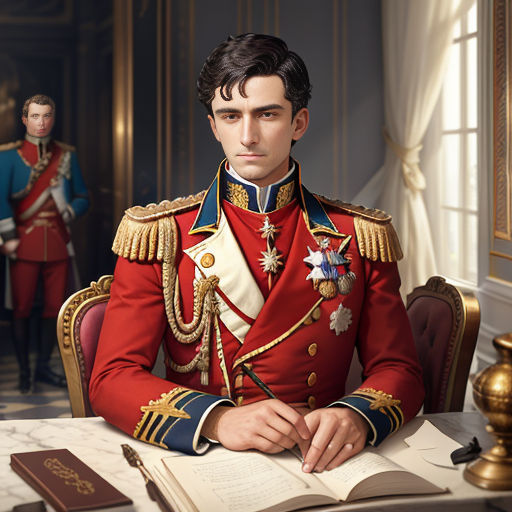
During his reign, he implemented a wide array of political and social reforms. The Napoleonic Code, a legal code, remains his most enduring legacy.

The code reflected the ideals of the French Revolution, such as equality before the law and freedom of religion. It greatly influenced many civil law jurisdictions worldwide.
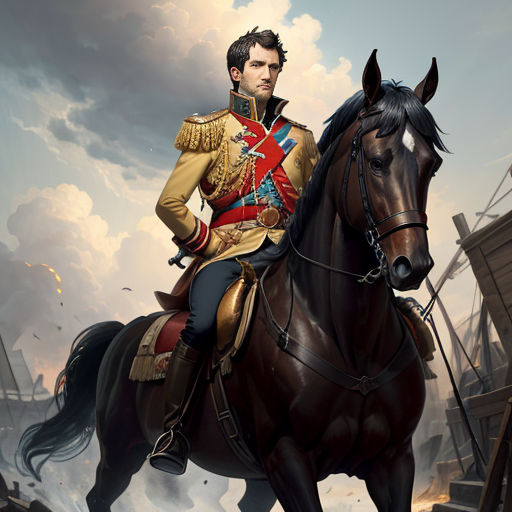
Despite his victories and reforms, his ambitious expansionist policies led to the decline of his empire. His disastrous invasion of Russia marked the beginning of his end.
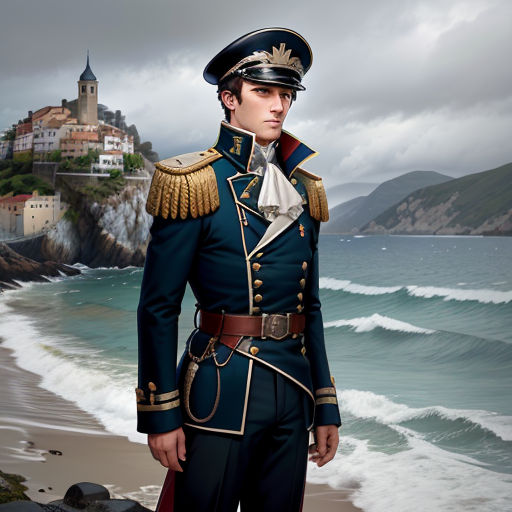
Following a disastrous retreat from Moscow and successive defeats, Napoleon was exiled to the island of Elba in 1814.

During his exile in Elba, he did not stay idle. He introduced reforms and even drafted a constitution for the small island. His knack for governance was evident.
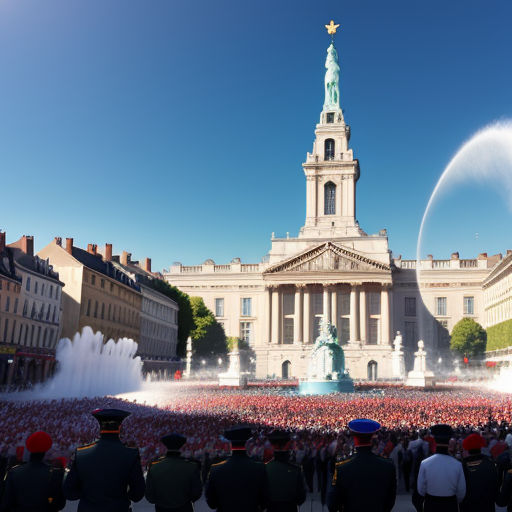
In 1815, Napoleon escaped from Elba and returned to France, beginning a period known as the Hundred Days. He was welcomed with cheer and joy by the French people.
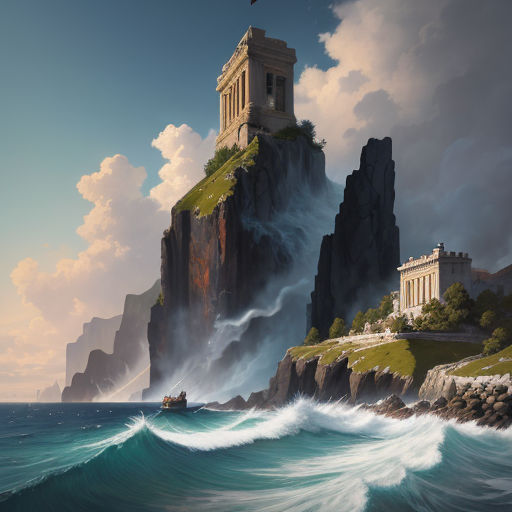
However, his attempted resurgence was halted at the Battle of Waterloo. Napoleon's defeat there marked the end of his reign, and he was exiled again, this time to the remote island of Saint Helena.

Here on Saint Helena, Napoleon led a secluded life until his death on May 5, 1821. Historians have posited his death was due to stomach cancer, although some controversy surrounds this.
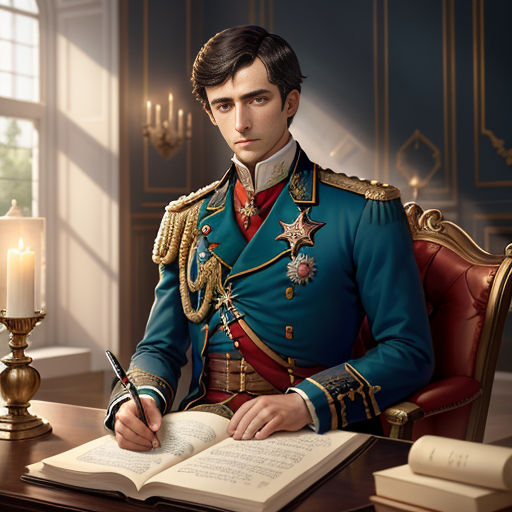
Napoleon Bonaparte was not just a military genius. He was a man of intellect, with a love for literature, and even attempted writing fiction and poetry.

In his personal life, Napoleon married twice. His first wife was Josephine, a widow with two children, whom he divorced due to her inability to bear him an heir.

His second wife was Marie-Louise of Austria, who bore him a son - Napoleon II - who was known as the King of Rome in his early years.

Napoleon's influence extended beyond his life. The French educational system owes its foundation to him, and the Federation of the French Code shaped civil laws across the globe.
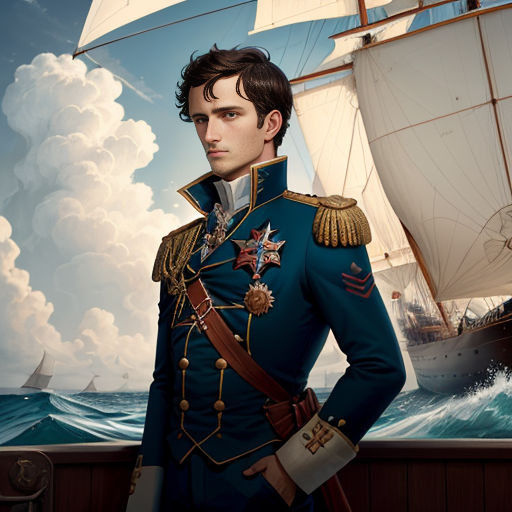
Even the metric system owes its worldwide adoption to his insistence on its use throughout Europe. Indeed, Napoleon's legacy lives on in many ways.
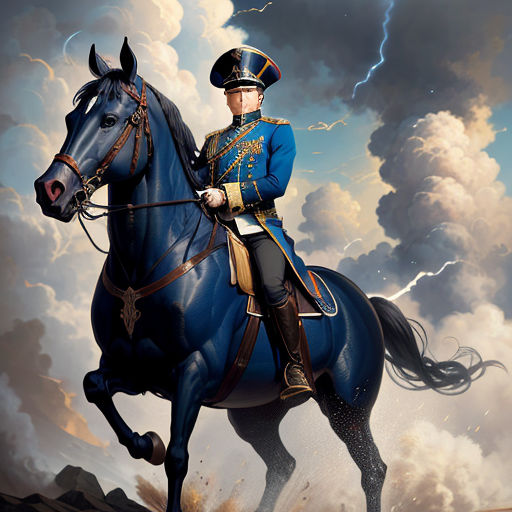
Napoleon's personality was charismatic and commanding, allowing him to lead effectively. He was ambitious, fiercely intelligent, detail-oriented, and a visionary leader.
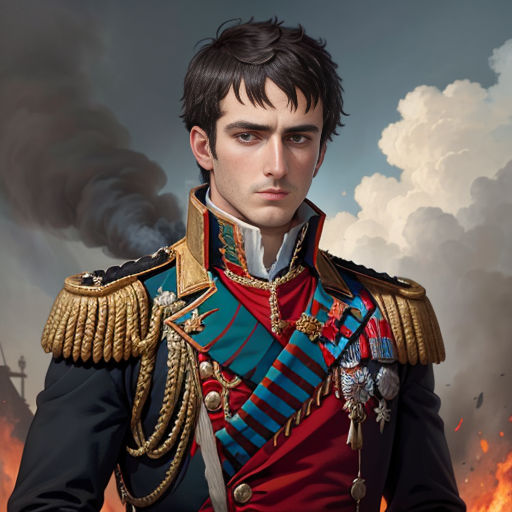
However, he was also ruthless and susceptible to bouts of extreme anger. He was known for being demanding of his officers, expecting only the best.

Despite his flaws, Napoleon Bonaparte remains one of the most celebrated and controversial leaders in world history. His impact remains deeply ingrained in the fabric of France and beyond.

Napoleon’s rise and fall illustrate the power of ambition, the effects of hubris, and the fragility of power. His life is an epic tale of determination, genius, and overreach.

From his humble beginnings in Corsica to his rise to the peak of power in France, Napoleon's saga is a testament to his genius, charisma, and the force of his personality.

His military strategies are still studied in academies today, and his socio-political reforms continue to influence civil law worldwide. His life story is a complex blend of triumph and tragedy.
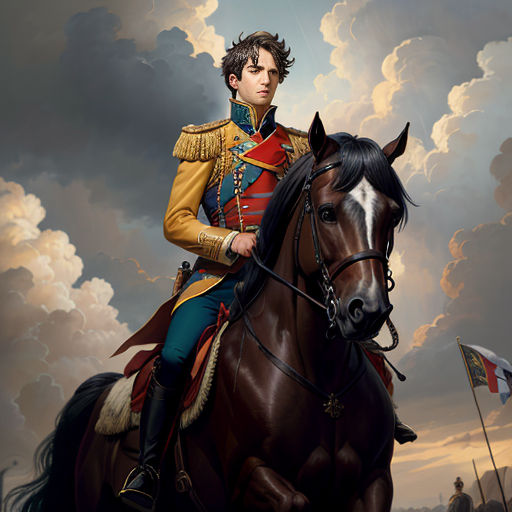
Napoleon's fall was as meteoric as his rise. Yet, regardless of his defeats, his achievements remain unparalleled in the annals of history. His life is a lesson in both the promise and perils of ambition.

His name is synonymous with power and prowess, with an epoch named after him – The Napoleonic Era. A man of humble origins rose to become one of the most powerful figures in history.

This is the enduring legacy of Napoleon Bonaparte, a figure who deeply scarred and shaped not just France, but the entire world. From his rise to his fall, his life remains an enduring testament to one man's indomitable will.